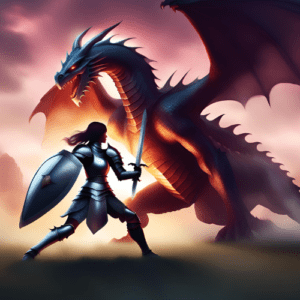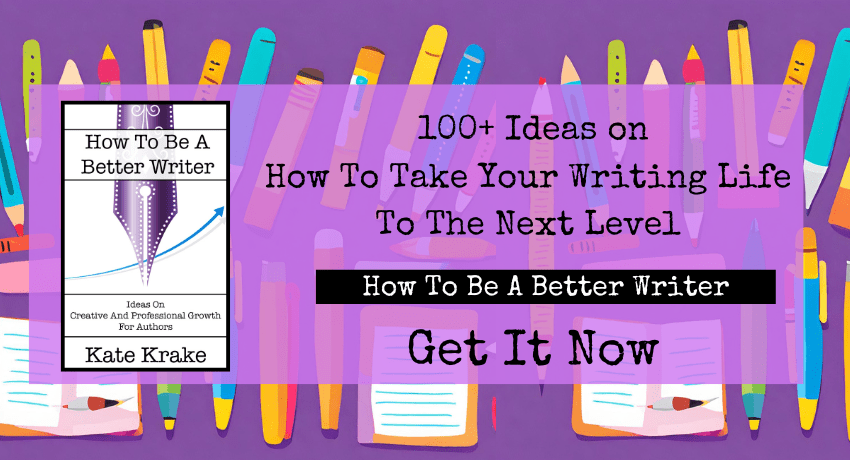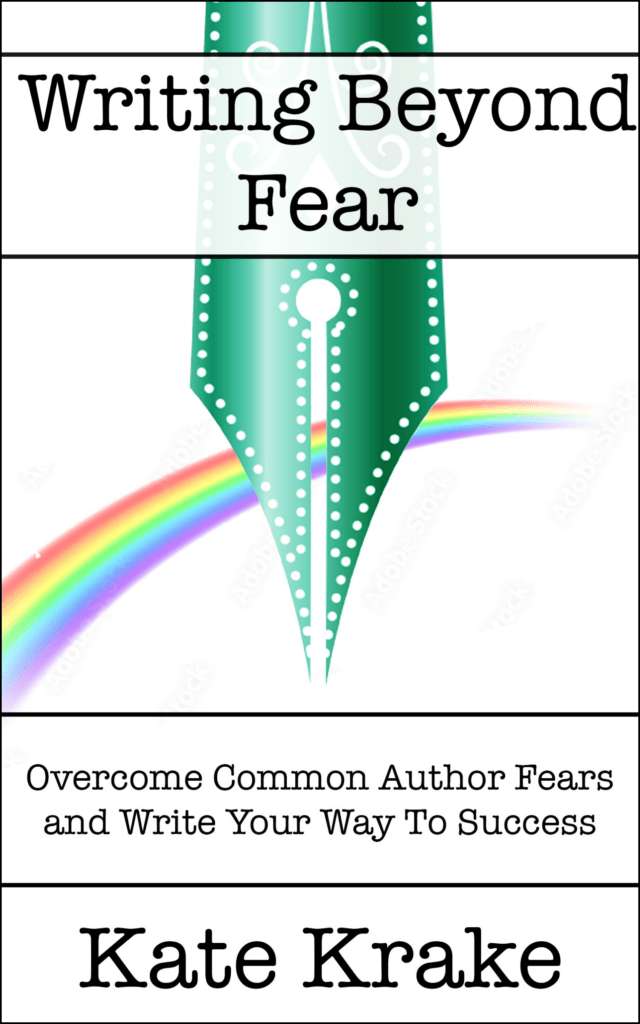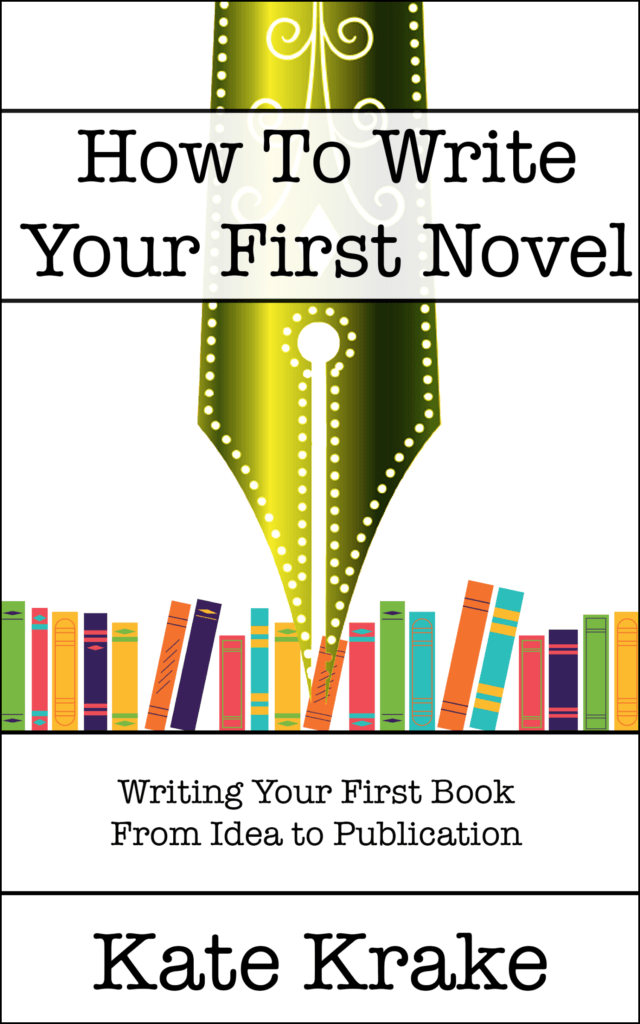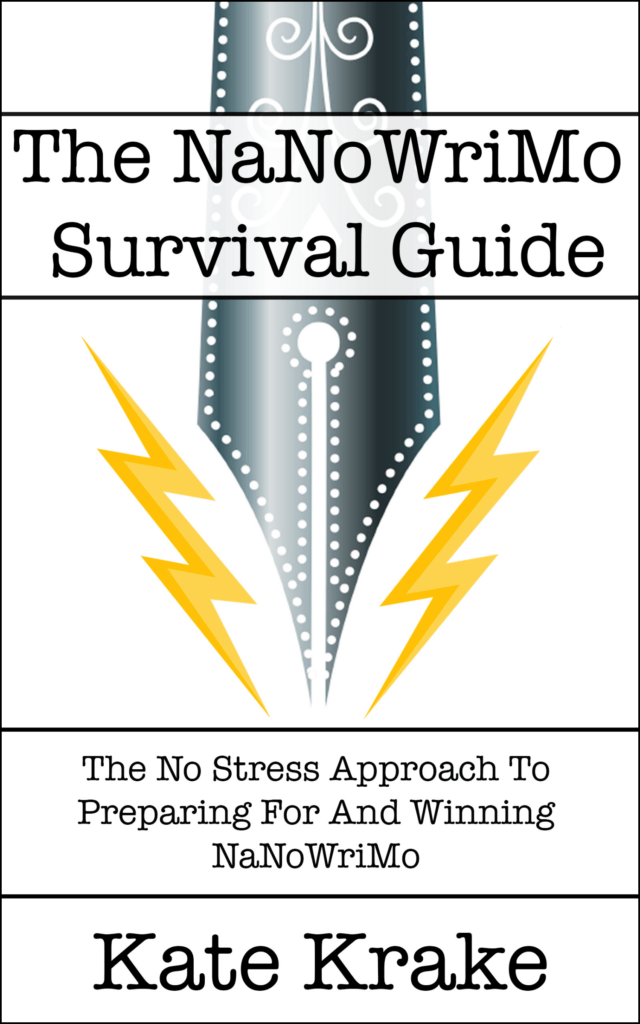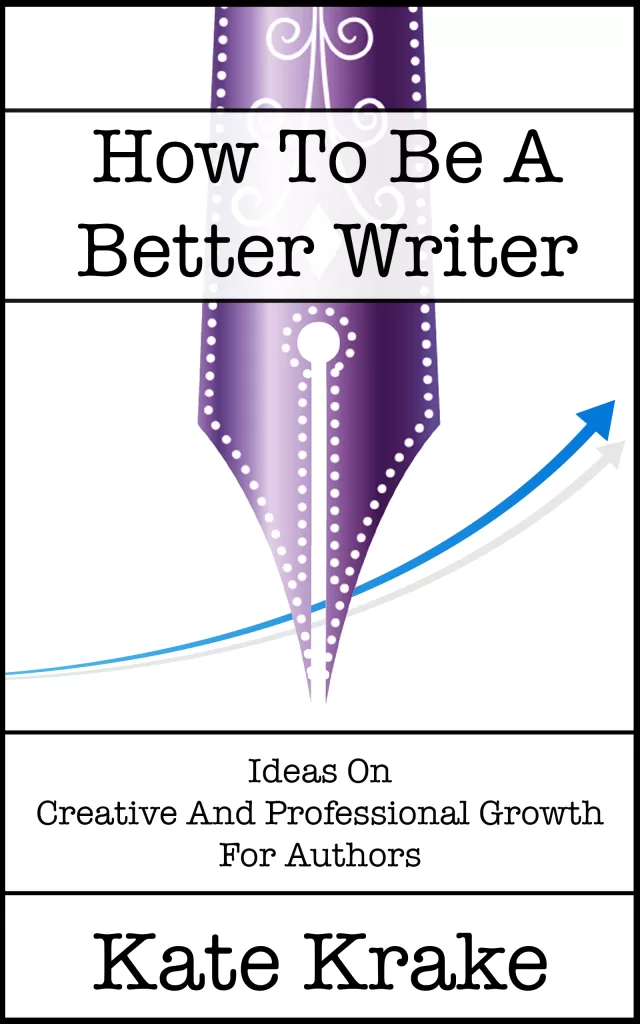The War of Art, by Steven Pressfield is a book about Resistance.
A quick lesson for the rare writer who hasn’t encountered The War of Art yet.
Resistance is a feeling, a situation, a thought, a mindset that plagues every creator.
Resistance is saying you always felt you’d write a novel but just haven’t yet.
Resistance is that time you told yourself you’ll get back to writing your novel when life gets a bit more simple.
It’s that notion you had when you decided you’d be able to think more clearly and write more effectively when you did all the laundry, vacuumed the floors, mowed the lawn, baked a cake, took a nap, etc.
Resistance is just a quick look at Instagram after you’ve written 100 words when you’d promised yourself 1000.
Resistance is thinking that you’ve already wasted too much time on X today so your writing session is a bust and you’ll start fresh tomorrow.
Resistance is procrastination. On first reading The War of Art, I assumed that was the bulk of what Resistance meant.
I’m not much of a procrastinator. I get some words on the page on most days, even if I’d rather be doing anything but. I barely use social media. I’m decent at time management.
Resistance, I thought as far as my work was concerned, was futile.
I was wrong.
The first time I fully experienced Resistance in its full fanged, destructive and ever so seductive power, it almost destroyed my writing career.
Several years ago I started writing a new mystery trilogy.
I wrote the first book in about 3 weeks – a rubbishy first draft, but it was done. I put it aside, wrote and published some other stuff with the full intention of finishing that first book and writing the next two in the trilogy.
Six months after, with my other series not selling so well, I decided to refocus on the new trilogy. Nanowrimo came along, and it brought about 30k words of the sequel. It was terrible, unstructured, superficial nonsense. I gave up and spent the rest of Nanowrimo writing crappy short stories that I can’t even recall. And then I moved across the country, and life changed dramatically.
When the opportunity came again to draw a breath and get back to writing, I still had the fear of that awful, awful Nanowrimo mess. So I decided to write another book in my old series – yeah, the one that doesn’t sell much that I’d already decided to move on from.
Flash forward to half a new novel written and a sudden urge to get back to my mystery series.
I reworked and finished that second book, and it wasn’t so bad. It had some problems, but I decided fixing them would take up too much time, so I moved onto book three. Everything was feeling good, not great though. The end of the trilogy was in sight. I was starting to budget for the editor and covers. It was happening. It was real. Still, an unease niggled.
One day, after a particularly gruelling writing session on the Alpha Draft of Book 3, I went for a run. As I ran past the 2 kilometers mark, a voice came out of nowhere and said “It’s terrible. Worthless. Doomed.” by the end of my run, I’d decided to find an entirely new idea and work on something fresh.
This meant that I was throwing away about 120K words in the pursuit of something that seemed better, easier.
I threw myself into the new project, feeling good about it until the end of each work session. Every night I had this weird feeling. A dark feeling. An upsetting feeling.
I changed stories again. Keeping the core premises of those original 2.5 books but changing a lot. I changed them again. I struggled to find something that felt right, something that would rekindle the joy of writing I’d been missing for months.
You know the story of the Ship of Theseus, modernized as Grandfather’s Axe? That’s what was happening to my story.
I struggled. That dark feeling festered.
I started talking to my non-writer husband about it, not expecting him to really understand, but I just needed someone to listen to me talk while I tried to figure out what was wrong and why I felt so depressed about my writing.
The conversation didn’t go as planned.
He couldn’t believe I was throwing away two and a half more or less finished books that I thought were okay. He was shocked, annoyed at me. I was angry.
“What are you resisting?” he fumed.
I left the argument feeling resentful, indignant. What would a non-writer know about it? But I kept on thinking.
“What are you resisting?”
Resisting?
Resistance.
Resistance had its fangs in me, and I didn’t even realise.
The following day, I read that first book in my unfinished trilogy. It wasn’t too bad. The next day I read the second book. It was okay too–flawed but totally workable.
I reread The War of Art. What I had initially read as a half interesting treatise on how not to procrastinate, was suddenly a direct personal address targeting precisely what I was experiencing.
Resistance isn’t only procrastination.
Resistance is so much more complex, so much more nefarious and dangerous than I could ever have imagined. I knew it properly then. I felt it.
And so, I was back to work on that mystery trilogy. And guess what. That dark, anxious feeling vanished in the instant that I re-committed to the work.
So what do I know of Resistance now?
Resistance is abandoning a work in progress and embracing the shiny new idea that struck you in the shower this morning.
Resistance is the hard drive full of half-finished ideas.
Resistance is giving into that fear that your work isn’t good enough, believing you’re actually getting some message of profound truth from yourself when you’re really just listening to your fear.
Resistance is a demon with the voice of an angel, convincing you not to work.
Ten days after that conversation with my husband, I got back into writing the first draft of that final book. Three weeks after that, I finished it. I had won. That battle at least.
“On the field of the self stand a knight and a dragon. You are the knight. Resistance is the dragon.” Steven Pressfield
The war of art continues every day we sit down to write, but at least that was one battle hard won.

